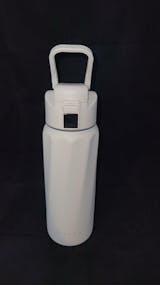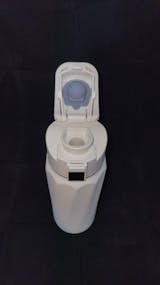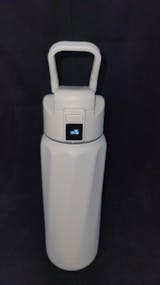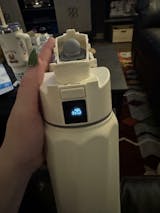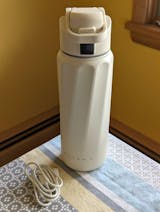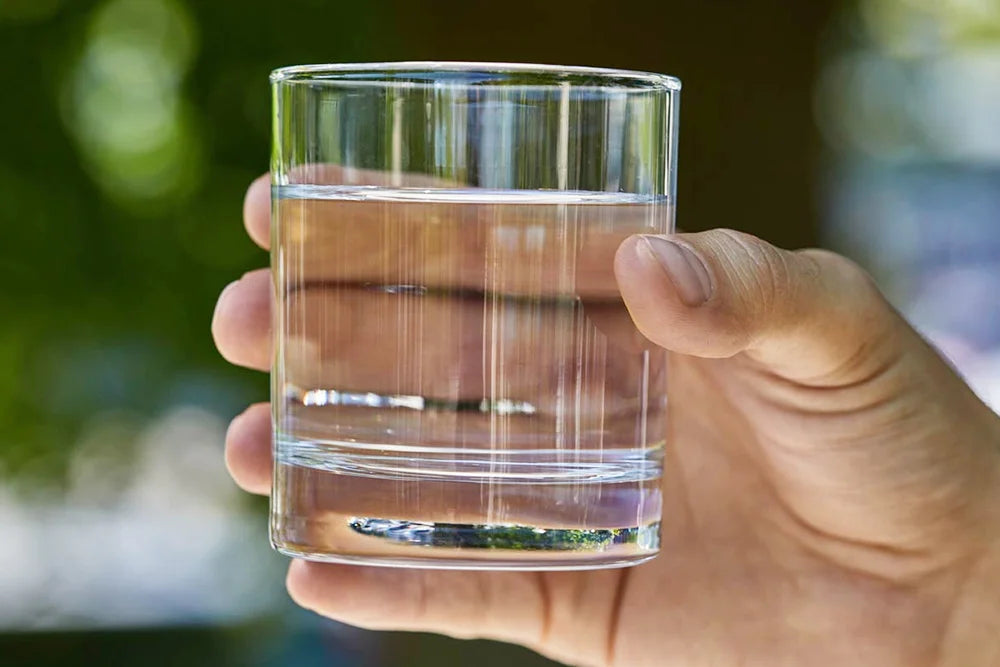
Water vs. Other Drinks: What’s Really Best for Your Body?
When you’re thirsty, what’s the first drink you grab? Water, coffee, juice, or maybe a soda? In our busy lives, it’s easy to overlook the importance of our beverage choices—but what you drink can have a significant impact on your health. While water is often praised as the best choice, let’s take a closer look at how it compares to other standard drinks and discover what’s best for your body.
Why water is the gold standard for hydration

Water is the body’s most essential nutrient. Every cell, tissue, and organ depends on it to function properly. Here’s why it’s so important:
- Keeps your body functioning smoothly: Water regulates body temperature, supports digestion, cushions joints, and helps remove waste.
- Zero calories, zero sugar: Unlike many other beverages, water hydrates without adding sugar, caffeine, or unnecessary calories.
- Natural detoxifier: Water helps flush toxins out of your body, keeping your kidneys, liver, and digestive system healthy.
- Daily hydration goal: Health experts recommend consuming approximately 8–10 cups of water per day, although your needs may vary depending on your activity level, climate, and overall health.
How do other common drinks compare?

1. Sugary drinks: soda, sweetened teas, energy drinks
These are some of the most common hydration mistakes people make. While they might taste good, they come at a cost.
- High sugar content: A single can of soda can contain over nine teaspoons of added sugar.
- Health risks: Regular consumption is linked to obesity, diabetes, and tooth decay.
- Dehydration risk: Sugar and caffeine can act as diuretics, making you lose more water than you take in.
2. Coffee and tea
Moderate consumption of coffee and tea can be part of a healthy lifestyle.
- Health benefits: Coffee and tea are rich in antioxidants, and caffeine may improve alertness and concentration.
- Potential downsides: Excessive caffeine consumption can lead to jitteriness, poor sleep, and mild dehydration.
- Tip: Enjoy coffee and tea in moderation, preferably unsweetened or with minimal added sugar.
3. Fruit juices and smoothies
Natural doesn’t always mean harmless when it comes to sugar content.
- Packed with vitamins: Fresh juices can provide essential vitamins, such as vitamin C and potassium.
- Watch the sugar: Store-bought juices are often high in sugar and lack fiber.
- Tip: Choose whole fruits whenever possible, or dilute juice with water to reduce the sugar load.
4. Sports drinks and electrolyte beverages
These drinks have their place but aren’t necessary for everyone.
- Replenish electrolytes: Useful after intense workouts or during illness.
- High in sugar: Many commercial sports drinks are loaded with added sugars and artificial colors.
- Tip: Save these for times of physical exertion, not daily sipping.
5. Milk and plant-based milks
Milk and its alternatives can be nutritious, but aren’t primarily for hydration.
- Nutrient-rich: Provide calcium, protein, and vitamins.
- Watch for additives: Flavored versions often contain added sugars and gums.
- Tip: Include as part of meals, but stick to water for hydration.
6. Alcoholic beverages
Alcohol is one of the worst choices for hydration.
- Dehydrating: Alcohol increases urine production, leading to dehydration.
- Health Concerns: Excessive drinking can harm your liver, heart, and brain.
- Tip: Drink water between alcoholic beverages to help minimize dehydration.
Are there times when water alone isn`t enough?

Yes. While water is ideal for most daily hydration, there are times your body needs more:
- During intense workouts: Sweating causes you to lose sodium and potassium, making electrolyte drinks useful.
- In hot climates: You may need more fluids and electrolytes than usual.
- When sick: Fever, vomiting, or diarrhea increase fluid and electrolyte loss.
Watch for signs: If you feel dizzy, fatigued, or have muscle cramps, your body might be lacking electrolytes. Try drinking electrolyte-enhanced water, coconut water, or an oral rehydration solution.
Smart tips for choosing the right beverages
- Read labels carefully: Look for hidden sugars, sodium, and caffeine.
- Prioritize water: Make it your default drink and use other beverages to complement, not replace, your hydration.
- Flavor water naturally: Add lemon, cucumber, or fresh mint if you find plain water boring.
- Use smart tools: Water bottle smart water can track your intake and remind you to drink throughout the day.
FAQs
What`s the best drink after a workout?
For most people, water is enough. After long or intense workouts, an electrolyte drink can help replace lost minerals.
Is it okay to count coffee or tea as part of daily fluid intake?
Yes, in moderation. Despite caffeine’s mild diuretic effect, your body still absorbs most of the water content in these drinks.
Conclusion
When it comes to hydrating your body, nothing beats water. It’s calorie-free, sugar-free, and perfectly designed by nature to meet your body’s needs. Other drinks can offer some benefits, but often come with added sugars, caffeine, or calories that don’t support your hydration goals.
Enjoy coffee, tea, and the occasional juice or sports drink in moderation, but make water your #1 choice to stay energized, focused, and healthy with WaterH.












